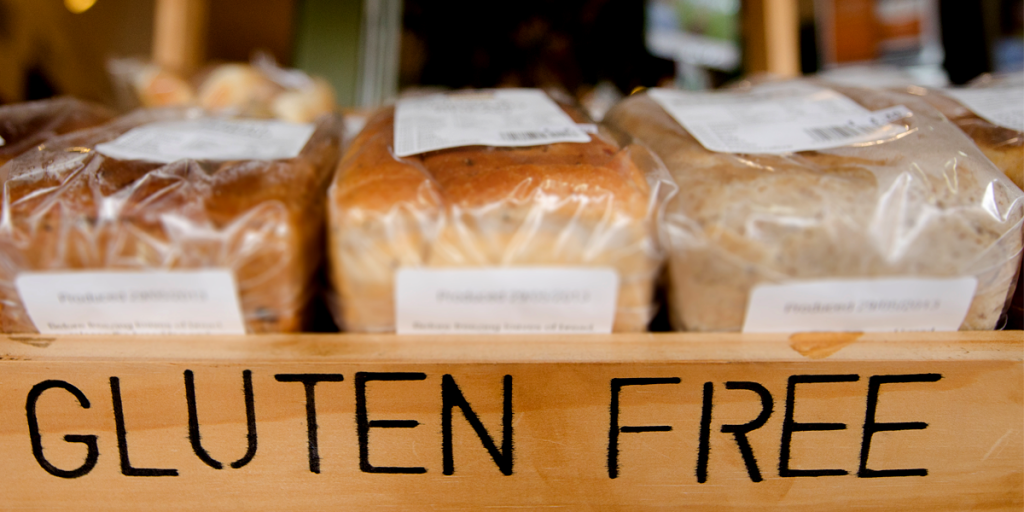 According to Business Insider, 30% of Americans want to eat less gluten. And 18% of adults buy gluten-free products. But only 1% of Americans have celiac disease, a condition in which the small intestine is hypersensitive to gluten, leading to difficulty in digesting food.
According to Business Insider, 30% of Americans want to eat less gluten. And 18% of adults buy gluten-free products. But only 1% of Americans have celiac disease, a condition in which the small intestine is hypersensitive to gluten, leading to difficulty in digesting food.
People without celiac disease often report having gluten sensitivity. The problem is, according to researchers, it’s a condition that probably doesn’t exist.
Back in 2011, a popular study concluded that gluten can cause gastrointestinal distress in people who don’t have celiac disease. It was enough to launch a whole of gluten-free products and marketing.
The researcher behind the 2011 study conducted a follow up study with individuals who reported gluten sensitivity and gastrointestinal distress. Participants were put on several different diets, including gluten free and gluten-containing diets. Regardless of the diet type, the participants experienced intestinal problems anyway. Gluten wasn’t even a factor.
There was one diet type that resulted in less gastrointestinal distress. It was low in something called FODMAPs, which are carbohydrates that are poorly absorbed in the small intestine. Many foods containing FODMAPs also contain gluten, including beer, pasta and bread. Interestingly enough, a low FODMAP diet is often prescribed for individuals suffering from irritable bowel syndrome.
Bring on the FODMAP-free diet craze!








 The other day, I couldn’t help but roll my eyes when I saw a tub of ice cream advertised as gluten-free. Labeling a product as gluten-free has become an increasingly popular trend - and savvy marketers are hoping that consumers will believe that gluten-free products are healthier. They’re not.
The other day, I couldn’t help but roll my eyes when I saw a tub of ice cream advertised as gluten-free. Labeling a product as gluten-free has become an increasingly popular trend - and savvy marketers are hoping that consumers will believe that gluten-free products are healthier. They’re not.
